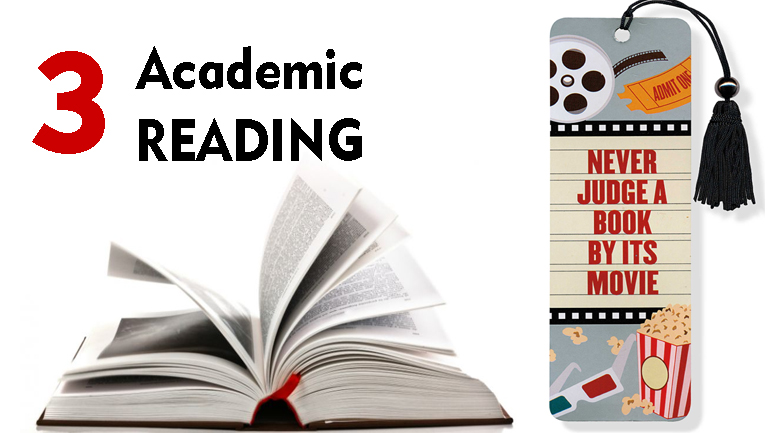

THE INTERNET
The Internet originated as a system used for research by the military in the USA. Universities were the next group to connect to the system. The Internet started to develop as commercial system in the late 1980s and by the mid-1990s, home users were starting to connect to the Internet in significant numbers. Internet usage is still growing quickly and the number of hours we spend ‘on-line’ is rising sharply. The United States still leads the way in Internet usage, but Europe is catching up. It is difficult to predict such a fast-growing area, but at the end of 1999, it was estimated that between 13 and 14 million people in the UK, about one fifth of the population, had access to the Internet. World-wide, at least 100 million people are connected to the system. E-mail is the simplest application of the Internet, but it is also the most popular both among businesses and personal users. E-mail is a straightforward and cost-effective way of communicating using the Internet, falling somewhere between the phone and the facsimile in terms of formality and speed. E-mail is cheap and it only takes a few seconds for a message to reach the Internet. At the moment, the computer is the most common way people connect to the Internet, followed by mobile phones, but in the future, television sets will have Internet capabilities.
1- According to the passage, the Internet was first used …………………… .
A) by the American army to search for information
B) to carry out research for the American universities
C) to retrieve information through television screens
D) by businesses to attract more customers
E) by American households to send e-mail messages around the world
2- According to the figures in the passage, in 1999, …………………… .
A) 20 percent of British people had access to the Internet
B) the Internet started to develop as a commercial tool
C) the majority of businesses used e-mail as their main form of communication
D) Europe caught America up in the numbers of people using the Internet
E) 100 million British people used the Internet for e-mail messages
3- The author predicts that in the future………
A) everybody will be connected to the Internet
B) e-mail messages won’t take as long to send as they do now
C) television sets will also be used to connect to the Internet
D) the military will make less use of the Internet
E) universities will find new ways of using the Internet both for research and Teaching
1. A
2. A
3. C
CAMBRIDGE IELTS BOOK 17 TEST 1 LISTENING (ACADEMIC IELTS AND GENERAL IELTS) PART 1 Questions…
İNGİLİZCE AKADEMİK 1000 + EŞANLAMLARIYLA TÜRKÇE KARŞILIĞIYLA KELİME KARTLARI …
PART 1 Questions 1 – 10 Complete the form below. Write ONE WORD AND/OR A NUMBER for…
PART 1 Questions 1 – 10 Complete the notes below. Write ONE WORD AND/OR A NUMBER for…
PART 1 Questions 1 – 4 Complete the table below. Write ONE WORD ONLY for…
PART 1 Questions 1 – 10 Complete the notes below. Write ONE WORD AND/OR A…